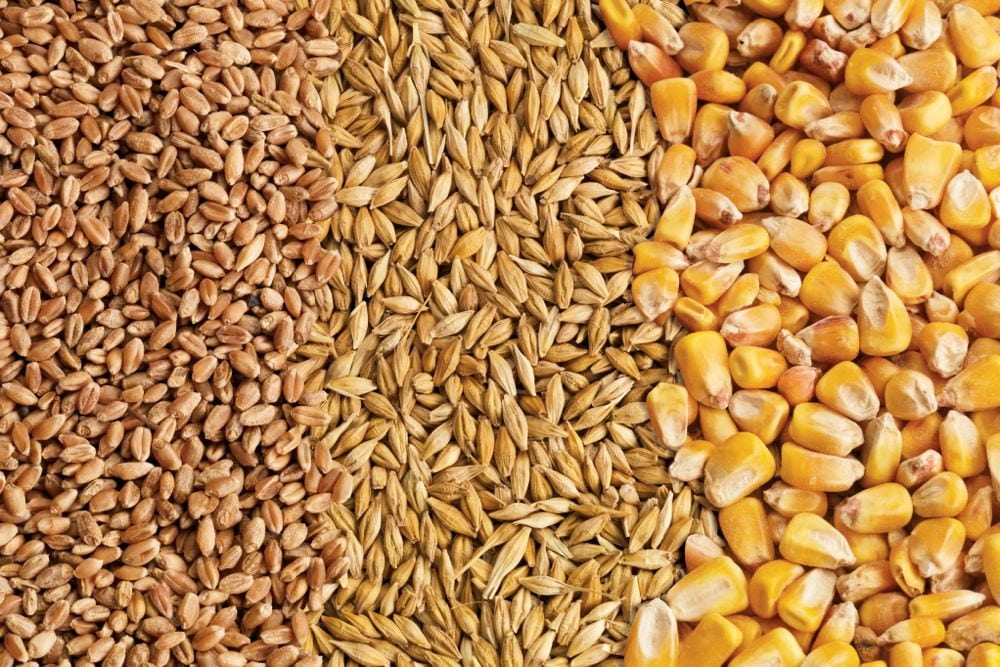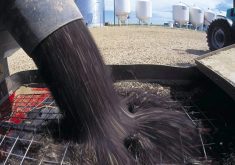Canadian-grown eggplant and okra have replaced about 800,000 kg of imports over the past several years, creating a research-to-grower-to-market success story.
The Vineland Research and Innovation Centre has played a central role helping with research and bringing together the parts of the industry needed to create a food chain success. The eggplant and okra case has created a template for the development of other vegetable and fruit value chains.
The program started as the Feeding Diversity program at Vineland, and also has been known as the World Crops program.
Vineland, west of St. Catharines in Ontario’s Niagara region, is a public-industry partnership that saved the former federal government research station and its tenderfruit, vegetable and greenhouse research programs. It was also given a flexible mandate to drive new crops and varieties to market.
Imports of eggplant have been declining since 2013, according to Michael Brownbridge, research director in horticultural production systems at Vineland. Imported eggplant has been replaced by eggplant produced in Ontario, Quebec and British Columbia. There’s also been some interest from Manitoba, he said.
“New Canadians will drive 70 per cent of the growth in produce sales over the coming years,” he said.
Chinese Canadians spend 39 per cent of their food budget on vegetables, South Asian Canadians 30 per cent. For the rest of Canadians, it’s 10 per cent.
Read Also

Feed Grains Weekly: More consideration being given to U.S. corn
There’s beginning to be a shift within the Canadian Prairie feed market towards importing United States corn, said Darcy Haley, vice-president of Ag Value Brokers in Lethbridge.
At the same time, many of those vegetables eaten by new Canadians are not those eaten by those of European ancestry.
“The opportunity is for new vegetables,” Brownbridge told the annual meeting of the Eastern Canada Farm Writers’ Association at the research centre. “But more than just vegetables, fruits and vegetables.”
Displacing eggplant is small potatoes compared to the total Canadian import of vegetables, which totals $5 billion each year. There’s $80 million worth of ethnic vegetables imported into the Greater Toronto Area (GTA) each month, Brownbridge said.
That means there is lots of opportunity to replace other imports. He also believes there’s room for exports of eggplants and okra to the U.S.
The Feeding Diversity program has taught them to determine what market is to be served, how the product will get to the market and then they figure out what to grow at the farm level, he said.
In this case, they concentrated on okra and eggplant because they were the two largest opportunities to replace imports, and were sold in significant volume. In their testing, they grew many different varieties.
“There are thousands of types of eggplant,” said Brownbridge. “We’ve grown about 150 of them.”
Asking the retail sector what they need is also important. It’s not always the same as what consumers want.
“Sometimes you have to say, ‘OK, that’s what you want, you are the gatekeeper in this.'”
Category managers at major retailers have to be convinced and they have testing they will want to do.
Consumers are also important. Vineland learned that the color of the stem on eggplant is critical to store sales. Then, they figure out what will grow best in the region where it is to be grown.
For example, they found that grafting eggplant tops onto tomato rootstock can mean 30 tonnes more production per hectare, with better-quality fruit. The use of grafting is even more important in the greenhouse, with an 80-90 per cent increase in production of eggplant.
With all these moving parts involving farmers, marketers, retailers and consumers, Vineland sees itself as the facilitator in such projects. It plays a previously unfilled role, providing expertise and encouragement and bringing together different parts of the sector to make a significant impact on the food market.
— John Greig is a field editor for Glacier FarmMedia based at Ailsa Craig, Ont. Follow him at @jgreig on Twitter.
















